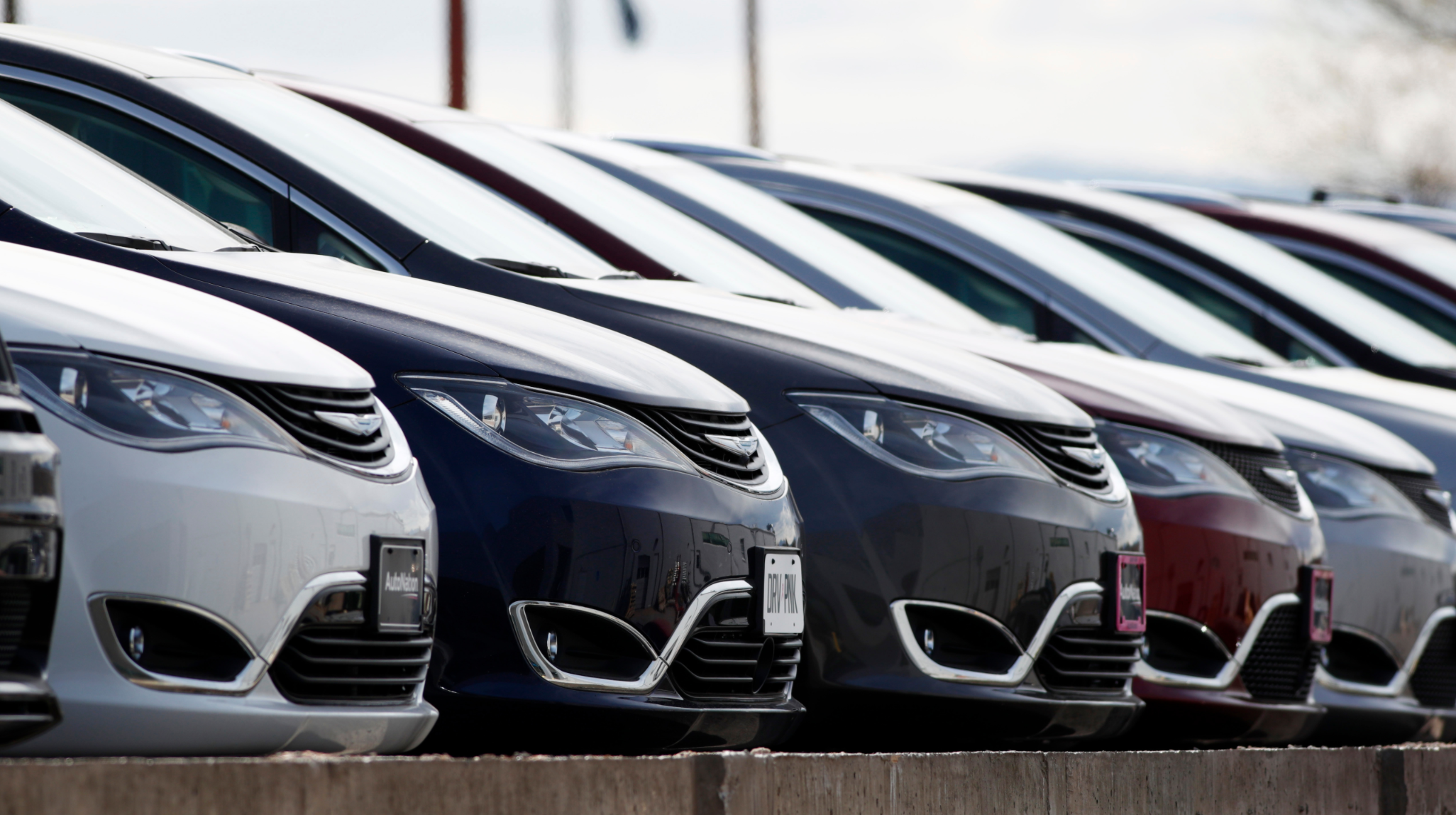Dealers Know Direct Sales Are A Massive Threat
Dealers still exist not because anyone is asking for them, really, but because of state franchise laws, which largely prevent automakers from selling directly to consumers. Which means that any threat to those laws gets dealers very, very hot under the collar. The latest evidence of that is a new lawsuit against Illinois, Rivian and Lucid.
The suit was filed Thursday on behalf of a dealer group, the Illinois Automobile Dealers Association, and scores of other plaintiffs, primarily individual dealerships located across the state.
The suit is seeking to stop Rivian and Lucid from selling directly to consumers in Illinois, as the dealers contend doing so is against the law. Tesla currently operates locations in Illinois under an agreement it made in 2019, which the dealers agreed to because they thought the Illinois franchise law would be applied more strictly going forward. Thursday's suit is an attempt to stop any possibility of Lucid and Rivian, which is based in Normal, Illinois, from playing by Tesla rules.
"We welcome new manufacturers to Illinois, especially those who are building innovative vehicles," said David Sloan, President of the Chicago Automobile Trade Association, another party in the suit. "Our franchised members already sell dozens of electric and hybrid vehicles. We ask that manufacturers sell them in Illinois according to state law. We're not demanding they cease operations in the state, just that they franchise a dealer."
And while the civil complaint the dealers filed offers plenty of legal reasons why they should win — Illinois's agreement with Tesla does seem like a strange one — the dealers also claim that they are doing this on behalf of consumers, which is where they instantly lose me.
Via their press release:
At issue are the benefits to consumers and the Illinois economy generated by more than 700 dealers operating 2,300 franchises across the state. Those benefits include:
Consumer protection: Dealers maintain service centers with trained staff to perform all recall and warranty repairs, where the dealers act as advocates for the consumers with the manufacturers.
Availability of parts and service: Dealers maintain an inventory of parts and provide timely service to consumers who depend on the daily use of their vehicles.
Price competition: Consumers have many choices, with the competition among dealers saving buyers money. Direct sales from manufacturers result in a monopoly that offers no price benefit.
Community benefits: The franchised dealers are long-established local businesses that generate millions of dollars of revenue and economic development, employ 42,000 people across the state and support many local causes and events.
All of these arguments are pretty silly, but my favorite is their claiming direct sales results in some kind of monopoly. No wonder Tesla is doing so well.
Anyway, for my money dealers would be better served admitting who they are: textbook middlemen. "We exist because for now we have the law on our side and we will fight to keep it that way," they could say. It wouldn't be the most attractive argument, but at least it would be honest.
You can read the full complaint below.
